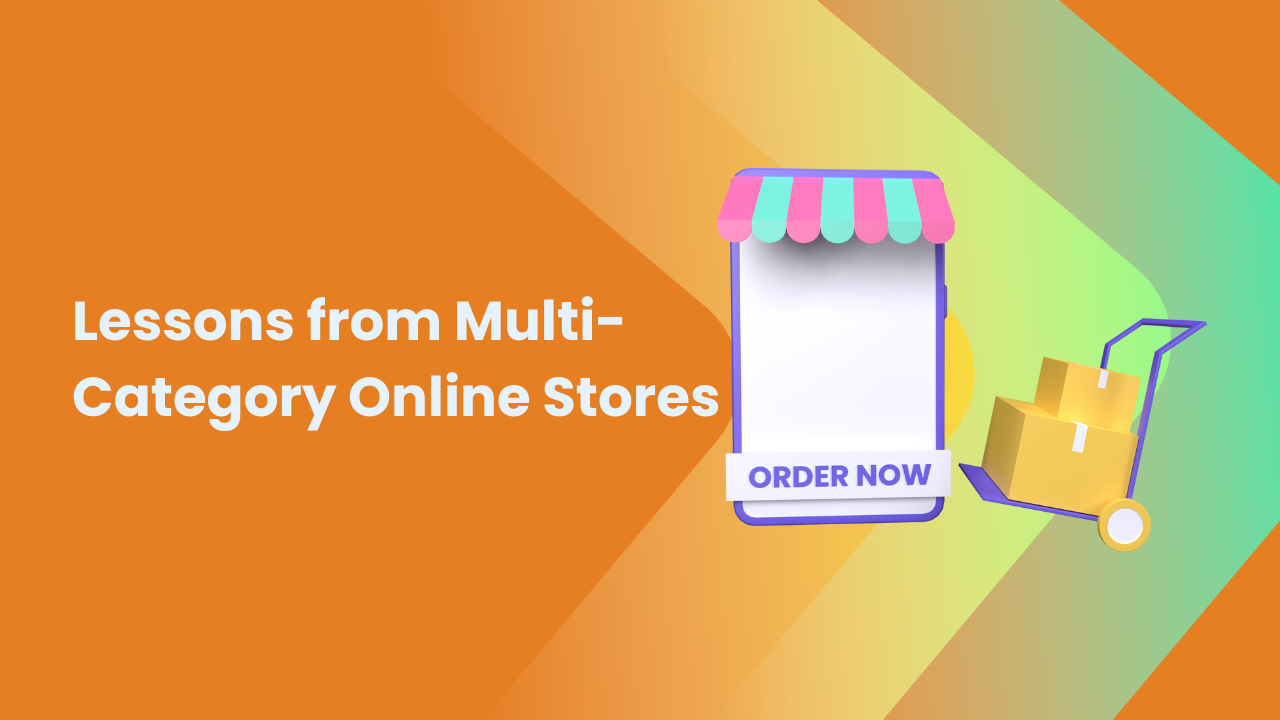Share this Article
In the rapidly evolving landscape of global e-commerce, blockchain technology has emerged as a disruptive force with the potential to redefine how businesses and consumers interact. While blockchain is predominantly associated with cryptocurrencies like Bitcoin, its applications extend far beyond digital currencies, offering transformative solutions for industries across the board. In the context of e-commerce, blockchain holds particular promise for Nepal, a market experiencing rapid digitalization, but still facing challenges such as security concerns, fraud, high transaction costs, and limited access to transparent and efficient systems.
As Nepal’s e-commerce sector matures, embracing blockchain technology could offer Nepali businesses an unprecedented opportunity to enhance operational efficiency, ensure data security, and foster trust with consumers. Below is an in-depth exploration of how blockchain could reshape Nepal’s e-commerce ecosystem, unlocking new possibilities for growth, innovation, and global competitiveness.
1. Fortifying Security and Combating Fraud
Blockchain Element: Decentralization and Immutability
Security remains one of the most significant challenges in the e-commerce sector, particularly in regions like Nepal, where online fraud, cyberattacks, and data breaches continue to pose threats to businesses and consumers alike. Blockchain addresses these challenges by providing a decentralized ledger system where all transactions are recorded transparently and immutably. Once a transaction is added to the blockchain, it cannot be altered or tampered with, creating an incredibly secure environment for both businesses and customers.
- How it Works: Every transaction on the blockchain is timestamped and linked to previous transactions in a way that makes altering or forging records practically impossible. The decentralized nature of blockchain means that no single entity controls the data, reducing the risk of a centralized point of failure.
- Impact on Nepali E-Commerce: By adopting blockchain, Nepali businesses can dramatically reduce instances of fraud, such as payment fraud, identity theft, and counterfeit goods. This enhanced security will build consumer trust and confidence, particularly crucial in Nepal, where online shopping habits are still evolving. As a result, consumers are more likely to engage in transactions, boosting overall sales and customer retention rates.
2. Efficient Payments and Smart Contracts
Blockchain Element: Cryptocurrency Payments and Smart Contracts
Blockchain enables the use of cryptocurrencies for faster, cheaper, and more secure online transactions. In addition to facilitating cryptocurrency payments, blockchain also powers smart contracts—self-executing contracts with the terms of the agreement directly written into code. These contracts automatically execute once predefined conditions are met, eliminating the need for intermediaries and ensuring that transactions are executed seamlessly.
- How it Works: Cryptocurrencies like Bitcoin and Ethereum allow for peer-to-peer transactions that are validated and recorded on the blockchain. Smart contracts ensure that payments, orders, and deliveries are executed automatically once all conditions are satisfied.
- Impact on Nepali E-Commerce: For Nepali e-commerce businesses, blockchain can eliminate the reliance on traditional payment gateways, which are often slow, costly, and prone to delays. Cryptocurrencies facilitate instant, borderless transactions, while smart contracts can automate various business processes—such as payments for goods and services—leading to faster and more reliable operations. This could be particularly advantageous for businesses dealing with international customers, as it cuts down on foreign exchange complications and transaction fees.
3. Ensuring Product Authenticity and Supply Chain Transparency
Blockchain Element: Immutable Supply Chain Tracking
The authenticity of products and transparency in the supply chain are significant concerns in many industries, particularly in Nepal where counterfeit goods are a growing issue. Blockchain offers a solution by providing a transparent, immutable record of the entire supply chain process, from the point of manufacture to delivery.
- How it Works: Every step of a product's journey—such as sourcing, manufacturing, and distribution—can be recorded on the blockchain. Each participant in the supply chain (e.g., manufacturers, suppliers, retailers) can add data to the blockchain, creating a clear and verifiable history of the product.
- Impact on Nepali E-Commerce: By adopting blockchain to track product authenticity, Nepali sellers can offer greater transparency regarding the origins and quality of their goods, particularly for high-value items like handicrafts, organic products, or traditional goods. This level of transparency builds consumer confidence and trust, which is essential for fostering long-term customer relationships. Blockchain can also help businesses comply with local and international regulations, improving their credibility and positioning in the global market.
4. Reducing Transaction Costs and Improving Efficiency
Blockchain Element: Eliminating Intermediaries
Traditional e-commerce transactions often involve intermediaries such as payment processors, banks, and credit card companies, each of which adds their own transaction fees. Blockchain eliminates the need for these intermediaries by enabling direct, peer-to-peer transactions. This not only reduces transaction costs but also streamlines the payment process.
- How it Works: Blockchain facilitates direct transfers between buyers and sellers, bypassing intermediaries and reducing the fees associated with payment processing.
- Impact on Nepali E-Commerce: For Nepali businesses, especially SMEs, blockchain technology can significantly reduce transaction fees, providing cost savings that could be reinvested into other areas of business growth, such as marketing or product development. This would particularly benefit small sellers who are often burdened by high fees and hidden charges in traditional payment systems.
5. Enabling Customer Data Ownership and Privacy
Blockchain Element: User-Controlled Data
As privacy concerns continue to rise globally, customers are becoming increasingly aware of how their personal data is used and shared. Blockchain allows users to control their data, granting permission to businesses only when necessary. This contrasts with traditional centralized systems where companies hold vast amounts of user data, often without full transparency or control by the consumer.
- How it Works: On a blockchain, customers can securely store their personal data and selectively share it with businesses. The encrypted, decentralized nature of blockchain ensures that the data cannot be accessed or altered by unauthorized parties.
- Impact on Nepali E-Commerce: By incorporating blockchain into their platforms, Nepali businesses can build greater trust with customers by respecting their privacy and data ownership rights. Consumers will feel more comfortable sharing sensitive information, leading to increased engagement, while businesses benefit from enhanced customer loyalty and reduced data-related risks.
6. Decentralized Marketplaces for Greater Autonomy
Blockchain Element: Peer-to-Peer Marketplaces
Blockchain can enable the creation of decentralized e-commerce platforms, where transactions occur directly between buyers and sellers, without the need for a central platform or intermediary. This decentralized approach could reduce operating costs, eliminate platform-related fees, and offer a more equitable environment for all participants.
- How it Works: Decentralized marketplaces run on blockchain, allowing participants to interact without relying on a central authority. Smart contracts and digital currencies facilitate secure, direct transactions, ensuring that both buyers and sellers have control over their engagements.
- Impact on Nepali E-Commerce: In Nepal, decentralized platforms could empower local sellers by eliminating the need for large centralized e-commerce platforms, which often take a large commission. This could lead to more competitive pricing and greater control over business operations. Additionally, decentralized marketplaces could improve product diversity and ensure a fairer system for Nepali entrepreneurs.
7. Facilitating Cross-Border Transactions and International Growth
Blockchain Element: Global Payment Systems
Blockchain’s borderless nature enables seamless international transactions, a crucial benefit for Nepali businesses looking to expand their reach beyond local markets. Whether it’s accepting international payments or offering cross-border services, blockchain can simplify global e-commerce by removing traditional barriers.
- How it Works: Blockchain-based cryptocurrencies facilitate international payments without the need for currency exchanges, making cross-border transactions faster and cheaper.
- Impact on Nepali E-Commerce: For Nepali sellers targeting international customers, blockchain can open up new opportunities by making global transactions smoother and more affordable. As blockchain eliminates high fees and delays associated with international payments, Nepali businesses can become more competitive in global markets, driving exports and expanding their customer base.
Conclusion: Blockchain as a Catalyst for E-Commerce Transformation in Nepal
Blockchain technology presents a host of opportunities for the Nepali e-commerce sector, ranging from enhanced security and reduced fraud to streamlined payments and greater customer trust. By embracing blockchain, Nepali businesses can gain a competitive edge in the increasingly globalized and digital economy.
With its ability to reduce costs, improve operational efficiency, and create a more transparent and secure environment, blockchain is poised to be a key enabler of growth and innovation for Nepali e-commerce businesses. As the technology continues to mature and gain adoption globally, Nepal’s e-commerce sector stands to benefit greatly from its transformative potential. For businesses that are forward-thinking and proactive, blockchain is not merely a passing trend—it is a long-term solution that could shape the future of online commerce in Nepal.
Categories:
E-commerce Tips & Tutorials
Tags:
Blockchain
,
DigitalTransformation
,
FutureOfCommerce
,
BlockchainTechnology







